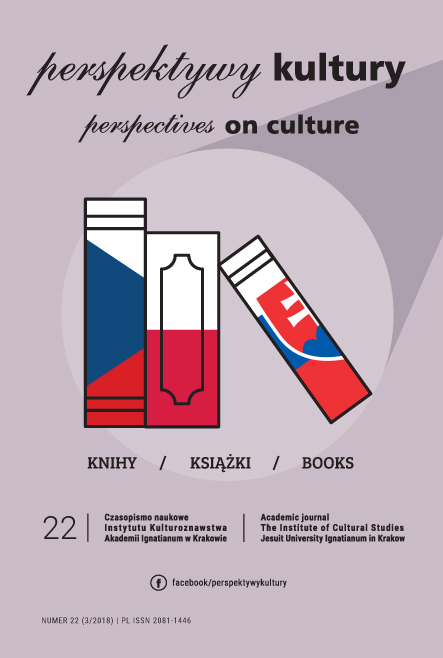Generational identity search. Remembrence of the Holocaust in the literary work of Polish Jews
Abstract
During the Holocaust nearly the entire population of Polish Jews was exterminated. Those who survived became the likely keepers of their people’s memories and the stories of the suffering they had endured.
At the end of World War II, there was a long period of silence about the Holocaust. Only as time passed did the survivors start facing the trauma of their past, through creating literary works and writing down their memoirs; also, on behalf of victims who were no longer able to do that.
The Polish Jews who survived Holocaust also, while creating literary stories, were becoming writers, chroniclers and documentarists. By writing down their own stories as well as stories of their loved ones, they gave testimony to the crimes that were committed while rescuing the pieces of their nation’s destroyed past from fading into the oblivion. The imperative to write has become the repository of their memories and their identity being preserved for future generations.
Copyright (c) 2020 Perspectives on culture

This work is licensed under a Creative Commons Attribution-NoDerivatives 4.0 International License.
Autor, zgłaszając swój artykuł, wyraża zgodę na korzystanie przez Wydawnictwo Uniwersystet Ignatianum z utworu na następujących polach eksploatacji:
- utrwalania utworu w formie papierowej, a także na nośniku cyfrowym lub magnetycznym;
- zwielokrotnienia utworu dowolną techniką, bez ograniczenia ilości wydań i liczby egzemplarzy;
- rozpowszechniania utworu i jego zwielokrotnionych egzemplarzy na jakimkolwiek nośniku, w tym wprowadzenia do obrotu, sprzedaży, użyczenia, najmu;
- wprowadzenia utworu do pamięci komputera;
- rozpowszechniania utworu w sieciach informatycznych, w tym w sieci Internet;
- publicznego wykonania, wystawienia, wyświetlenia, odtworzenia oraz nadawania i reemitowania, a także publicznego udostępniania utworu w taki sposób, aby każdy mógł mieć do niego dostęp w miejscu i czasie przez siebie wybranym.
Wydawca zobowiązuje się szanować osobiste prawa autorskie do utworu.





